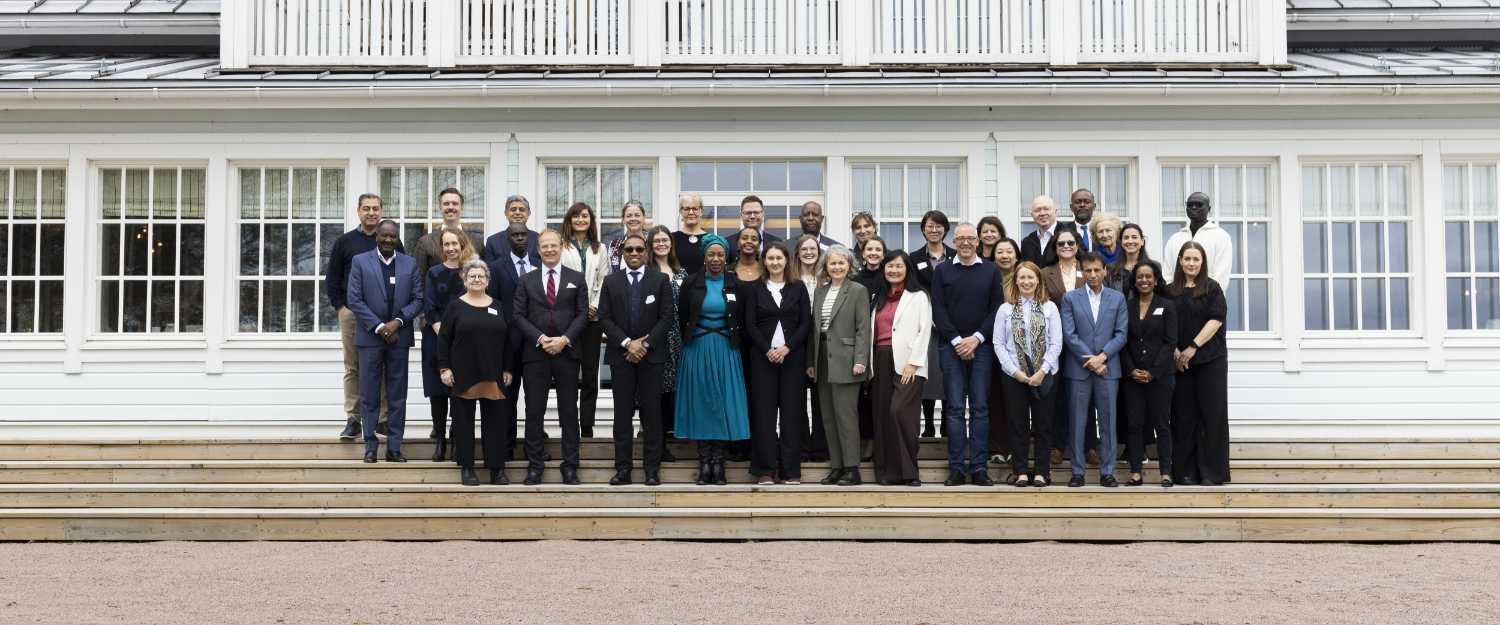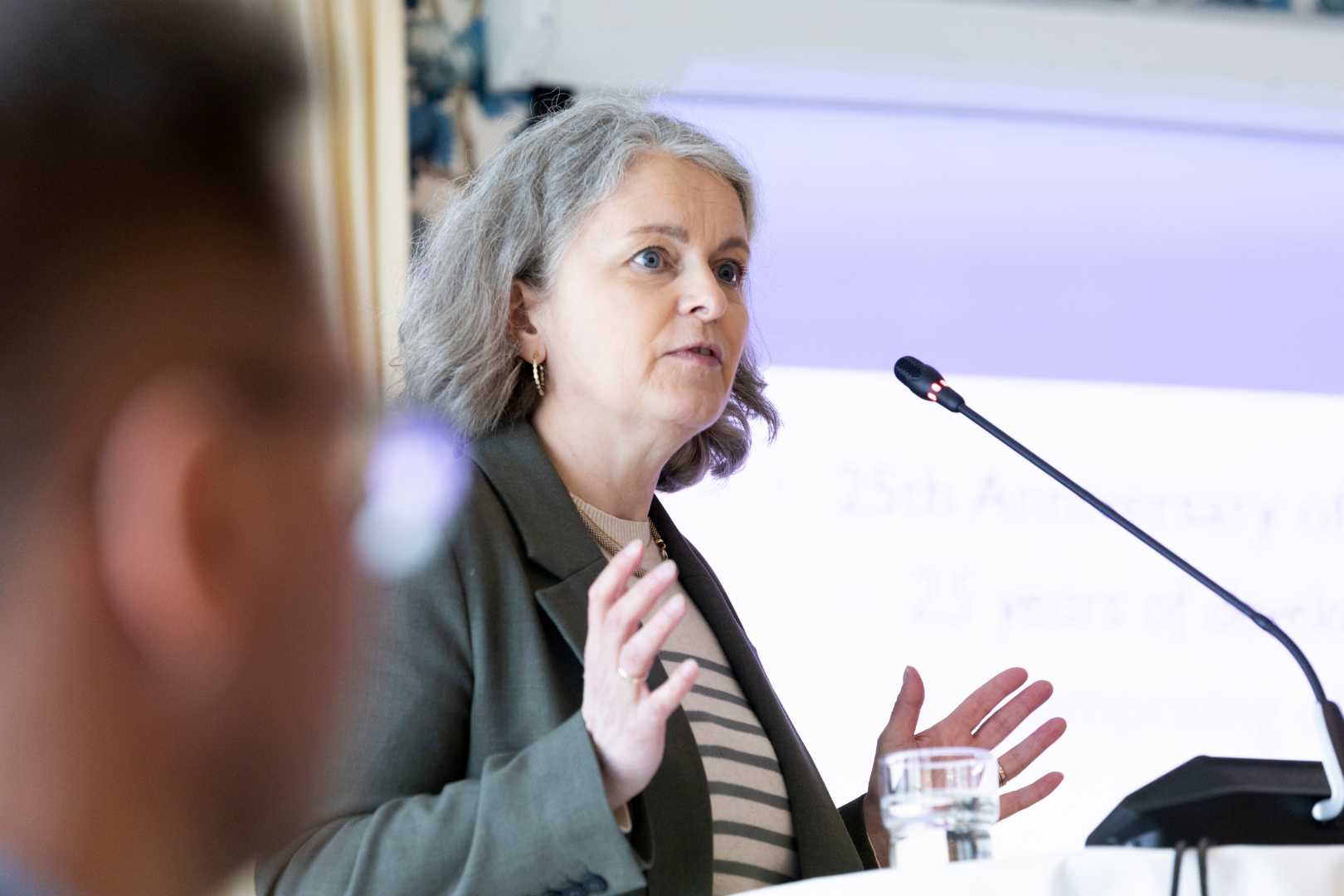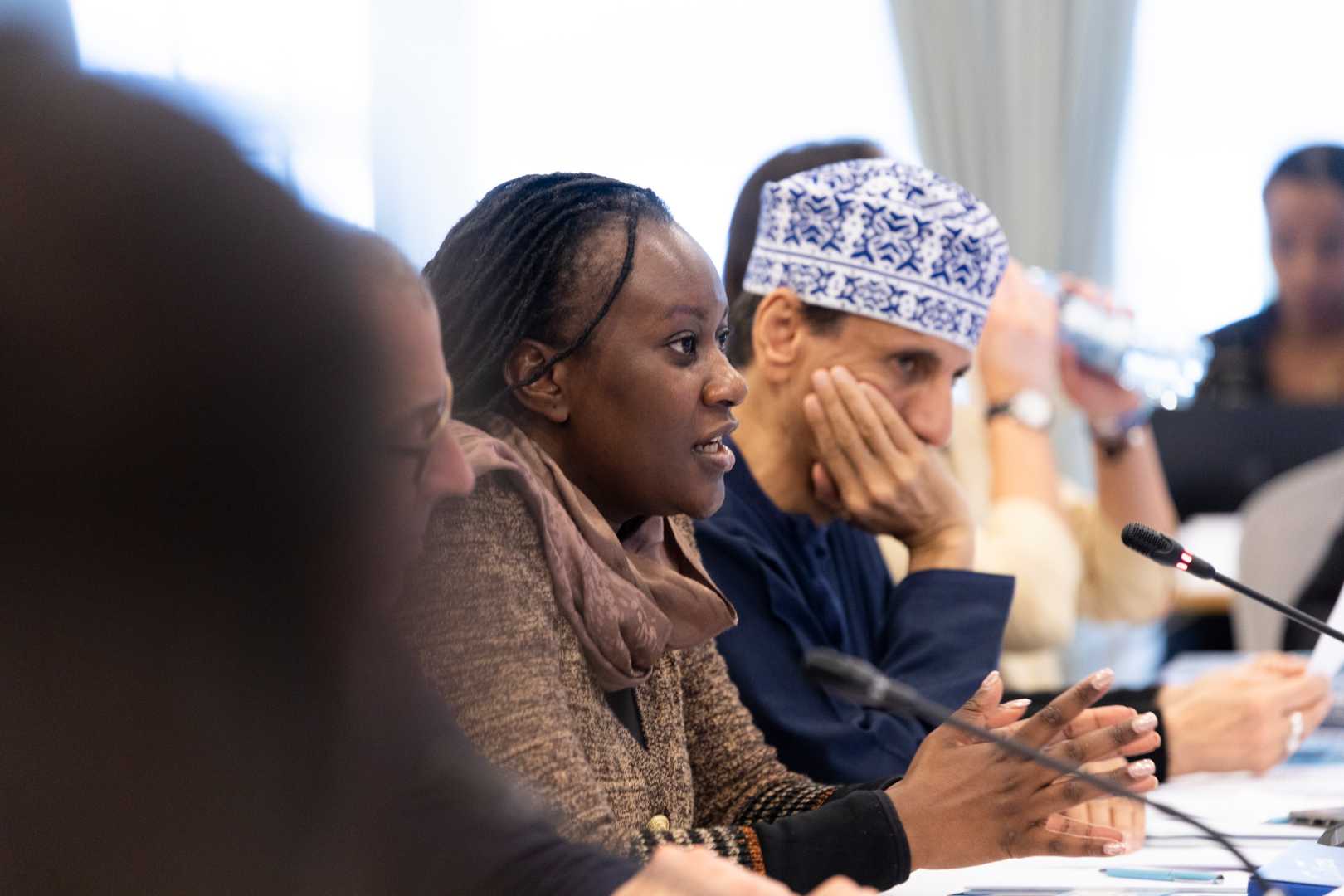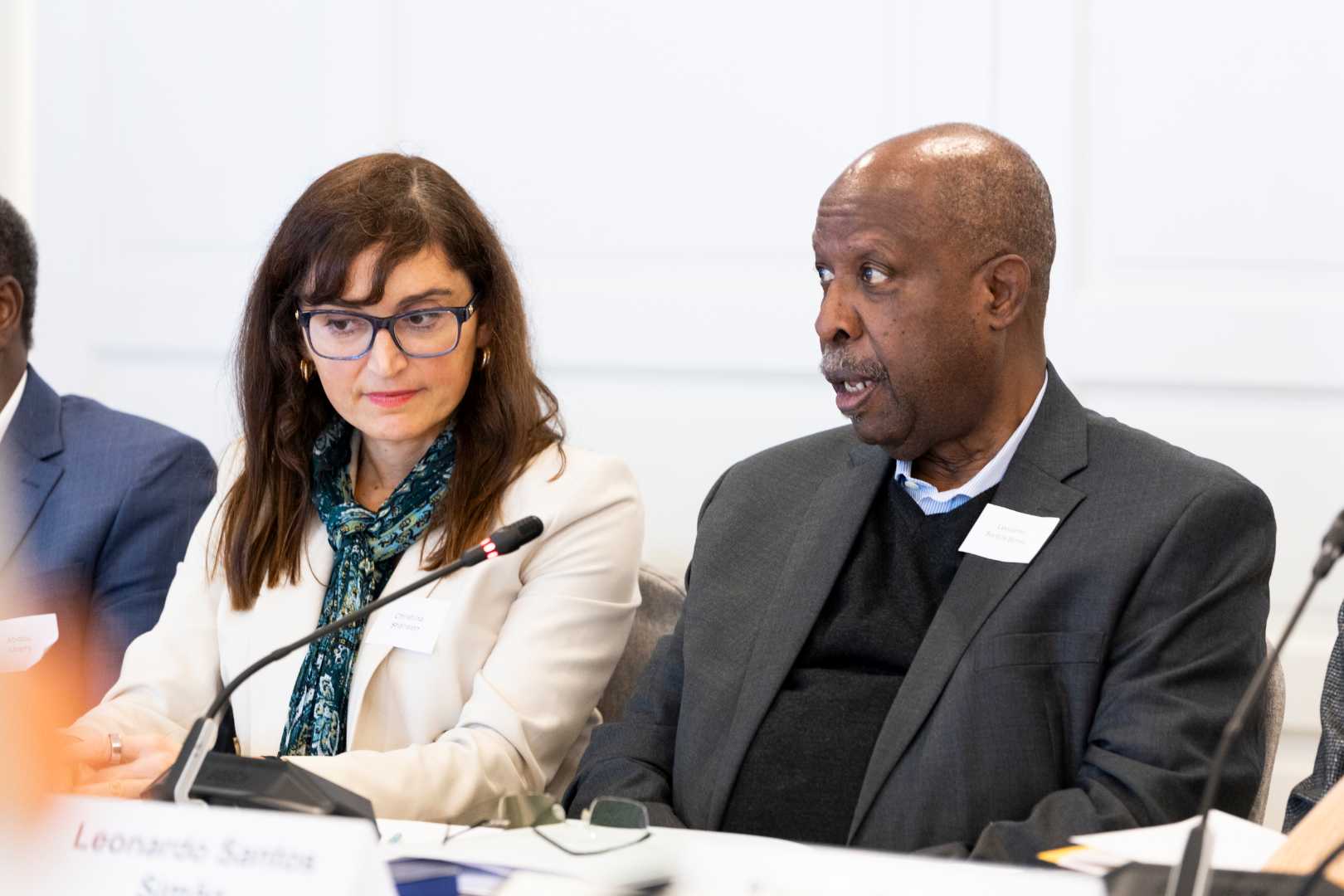
Mediators, peacebuilders and policymakers gathered in Porvoo, Finland, from 23 to 25 April 2025 for the 14th UN High-Level Seminar on Gender and Inclusive Mediation Strategies. In a world grappling with record levels of violent conflict, the seminar focused on addressing the urgent need for more inclusive peace processes.
The seminar, organised by PRIO, CMI – Martti Ahtisaari Peace Foundation and the UN Department of Political and Peacebuilding Affairs (UN DPPA), took place at a critical time. As global conflicts surge to their highest levels since World War II, and a rising backlash threatens women’s rights and gender equality, many of the norms and practices established maintaining peace and security are being severely tested.
The event came ahead of the 25th anniversary of the UN Security Council Resolution 1325 on Women, Peace and Security, which recognises the crucial role of women in conflict resolution and calls for their full and equal participation in peace efforts. The seminar offered a timely opportunity for mediators to take concrete steps towards advancing women’s full, equal and meaningful participation in peacemaking as urged in the Common Pledge for Women’s Full, Equal and Meaningful Participation in Peace Processes by the UN Secretary-General in October 2024.
Participants of the event explored a range of challenges to inclusive mediation, including the decline of multilateralism, increased militarisation and the limitations of existing frameworks. They discussed how the Women, Peace and Security agenda can be adapted to today’s realities, and how partnerships between civil society, regional organisations, member states and the UN can help embed inclusivity in peace negotiations.
“As conflicts grow more complex and entrenched, inclusive mediation is no longer optional — it is essential. There is growing evidence from both practice and research that inclusive processes make sustainable peace more likely. Thus, integrating gender perspectives into every stage of peace processes, and ensuring that women and marginalized voices are not only heard, but have real influence at the negotiation table, become so important,” said Torunn Tryggestad, PRIO Deputy Director and Director of PRIO's Gender, Peace and Security Centre.

“The diversity of experience among participants, combined with the seminar’s open and reflective format, enables a deep and shared understanding of why women’s full, equal and meaningful participation must be central to conflict mediation. Crucially, the discussions also underscored the importance of engaging the whole of society in peace efforts — not only the armed actors.”
The focus of the event was providing mediators with practical tools to design inclusive mediation processes that ensure women’s voices and experiences shape strategies for peacemaking. Moreover, the discussions underlined the need for gender-sensitive conflict analysis — understanding conflict through a gender lens to uncover deeper dynamics and causes and better inform possible solutions.
Importantly, the seminar provided a space for practical experience-sharing among leading mediation actors.
Speakers throughout the seminar reinforced that inclusion must go beyond symbolic gestures. “It’s important to have various groups at the table, and this ranges from women to marginalised groups and youth,” said Chido Mpemba, Special Envoy on Youth for the African Union.

Leonardo Simão, UN Special Representative for West Africa and the Sahel, added: “We are not searching for a magic formula here but to educate ourselves in adopting the right mindset on the issues of gender and mediation.” Their remarks echoed the shared sentiment that inclusive mediation demands a fundamental shift in approach, not just policy.

The seminar concluded with a strong call to action: to turn existing commitments into reality by ensuring broad representation, meaningful participation, and a shift in mindset. As Johanna Poutanen summarised, “This seminar is a timely event to unpack how we adapt the Women, Peace and Security agenda into real, concrete actions in ongoing peace efforts.”





